Table of Contents
Picture this: you’re at a friend’s birthday party, and across the room is your ex — not just with someone new, but with someone from your own scene. A guy you’ve bumped into at bars, who shares mutuals on Instagram, who will inevitably be at Pride next year.
You feel your chest tighten. Suddenly, the breakup isn’t just about what you’ve lost; it’s about what’s happening right in front of you, in your own social circle.
That’s when the gay breakup comparison loops start: Why him? Why not me? What does he have that I don’t?
This isn’t weakness. It’s human. And for gay men, it’s magnified by the small-world reality of queer dating. But here’s the truth: gay breakup comparison loops aren’t destiny. They can be interrupted, re-framed, and eventually, outgrown.
When “no contact” feels impossible
In queer communities, avoiding an ex isn’t always straightforward. Dating pools are smaller, circles overlap, and social media keeps everyone in the same digital neighborhood.
Seeing your ex with someone you know can feel like public proof of being replaced. But as researchers like Lahti and colleagues point out, this isn’t about personal inadequacy — it’s about the structure of queer life.
“No contact” doesn’t always mean disappearing; it means designing boundaries that protect you.
- Mute your ex (and his new partner) on Instagram
- Leave the group chat where gossip thrives
- Skip a few events until the wound is less raw
It’s not about running away. It’s about choosing the conditions where you can actually heal.

Why gay breakup comparison loops cut so deep
Research shows that comparing your relationship (or your single life) to others’ can eat away at satisfaction and self-worth. The danger is cumulative: the more you scroll, watch, and measure yourself against your ex’s new relationship, the worse you’ll feel over time.
But here’s a crucial insight: comparison is not truth.
- Social media is a highlight reel, not a diary
- Smiling photos don’t capture arguments, doubts, or awkward mornings
- What you see is curated, not reality
Every time you catch yourself spiraling into “why not me,” pause and ask: What do I need right now, outside of this story?
A walk. A friend. A playlist that reminds you who you are when you’re not defined by his choices.
Comparison can be interrupted — but only if you anchor back to your own life instead of trying to compete with his.

No Contact Isn’t a Game – It’s a Healing Strategy
Let’s examine the No Contact strategy in: Science & Psychology, Planning it, Digital Hygiene, Relapses-Cravings & Crashes, Special Cases & Exceptions… and Signs that it’s working +What comes next.
Tap here to read more →Protecting your self-worth in small circles
In tight-knit communities, it’s easy to feel like your worth is reflected back to you through who you’re dating — or who your ex is dating now.
But your self-worth is not a popularity contest. It’s not measured in who gets cuffed first or who looks best on Instagram.
Resist the loop by curating your exposure:
- If seeing him and his new partner wrecks you, step back. Muting isn’t petty — it’s self-preservation.
- Reinvest in parts of your identity that have nothing to do with romance: friendships, creative work, activism, the gym, your chosen family.
- Remember: “no contact” is not immaturity. It’s maturity with boundaries.

Final Thought
In the end, the ex dating within your scene is not the final word on your value. It’s just one more reminder that queer lives are woven tightly together — and that sometimes, stepping back from the weave is what gives you back your shape.
Healing comes not from proving you’re better than the new guy, but from remembering that you were whole long before either of them entered the picture.
FAQ
Q1. How do I deal with seeing my ex date someone in my social scene?
It’s common in queer communities where dating circles are small, but it doesn’t mean you’re replaceable. Set boundaries: mute them on social media, avoid gossip, and give yourself permission to step back from events if needed.
Q2. Why do gay breakup comparison loops feel so painful?
Upward comparisons lower self-esteem and happiness over time. In gay breakups, exes often date within overlapping circles, making those comparisons harder to escape.
Q3. Can “no contact” really work if we share friends and community spaces?
Yes, but it may look different. Instead of total disappearance, it can mean muting, setting event boundaries, or selective engagement. The goal is to reduce triggers so you can heal.
Q4. How can I rebuild self-worth after a gay breakup?
Focus on parts of life beyond dating — friendships, hobbies, fitness, creative projects. Curate your environment to limit comparison triggers and remind yourself your value isn’t measured by how quickly you or your ex moves on.
Scientific Sources
-
A. Lahti et al. (2020): LGBTIQ+ break-up assemblages: At the end of the rainbow
Key Finding: Breakups among LGBTIQ+ people are shaped by social, cultural, and community pressures, making them more complex than purely personal events.
Why Relevant: Explains why gay men may struggle more when exes date inside their scene — visibility and overlapping social networks amplify the emotional toll.
https://journals.sagepub.com/doi/10.1177/1440783320964545 -
Sabrina Thai, Penelope Lockwood, Elizabeth Page-Gould (2021): The Ups and Downs of Being Us: Cross-Relationship Comparisons in Daily Life
Key Finding: Upward relationship comparisons reduce satisfaction and self-esteem over time, eroding well-being and relationship health.
Why Relevant: Directly maps to comparison loops triggered when gay men see their ex dating within the same community.
https://www.researchgate.net/publication/357051857_The_Ups_and_Downs_of_Being_Us_Cross-Relationship_Comparisons_in_Daily_Life -
J. Le Blanc-Brillon et al. (2025): The associations between social comparison on SNSs use and self-esteem (global and physical)
Key Finding: Exposure to upward comparisons on social media predicts lower self-esteem and higher depressive symptoms.
Why Relevant: Highlights how social media intensifies comparison loops after gay breakups, especially when exes and their new partners are visible online.
https://www.frontiersin.org/journals/psychology/articles/10.3389/fpsyg.2025.1597241/full
- The Healthy Truth: When Limited Contact After Breakup Heals Better Than No Contact

- No Contact After Short Relationships: Essential Healing or Overkill?
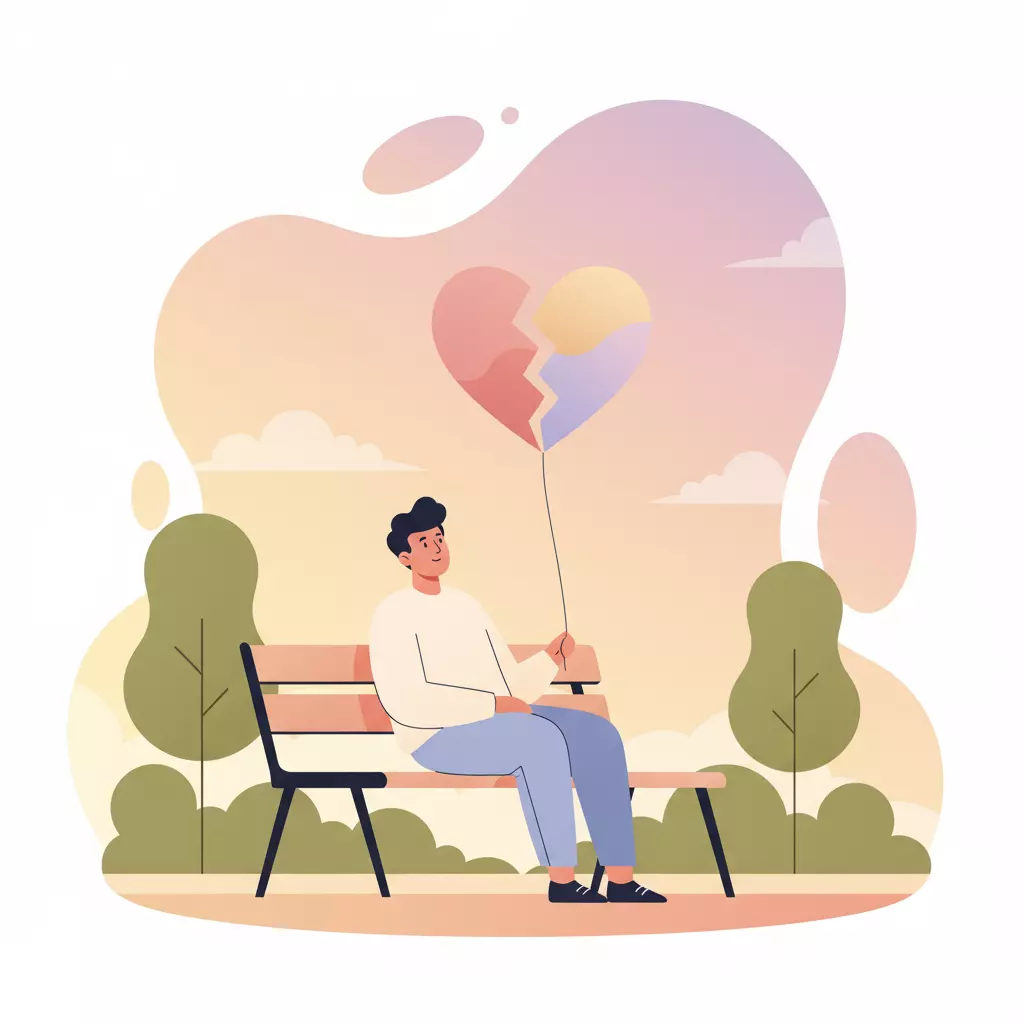
- Working With an Ex After a Breakup: Smart Boundaries & Positive HR Strategies

- Queer Breakup Boundaries: Choosing Limited Contact or No Contact in Overlapping Communities
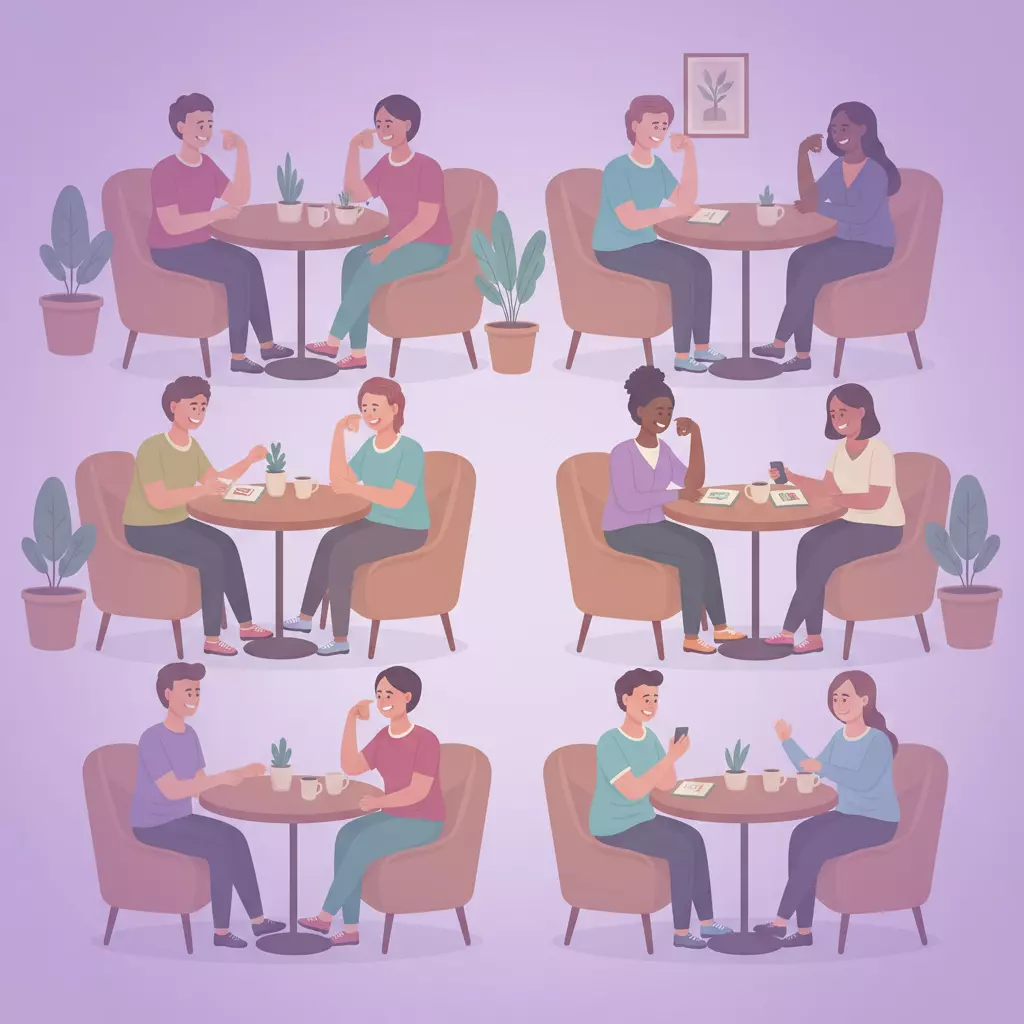
- Transgender Safety Planning: Essential Steps to Stop Harassment and Doxxing
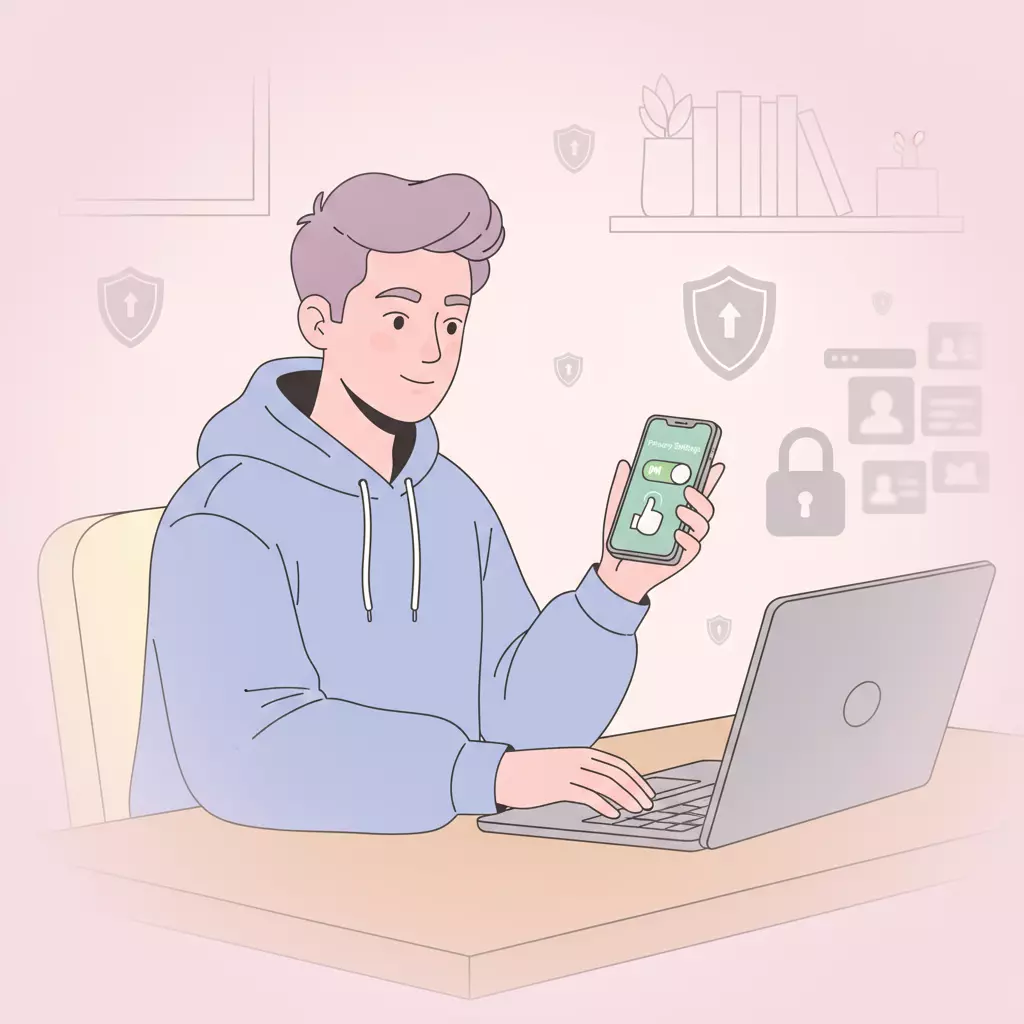
- Lesbian Breakup Shared Housing: Healing Rules & Smart Exit Plans
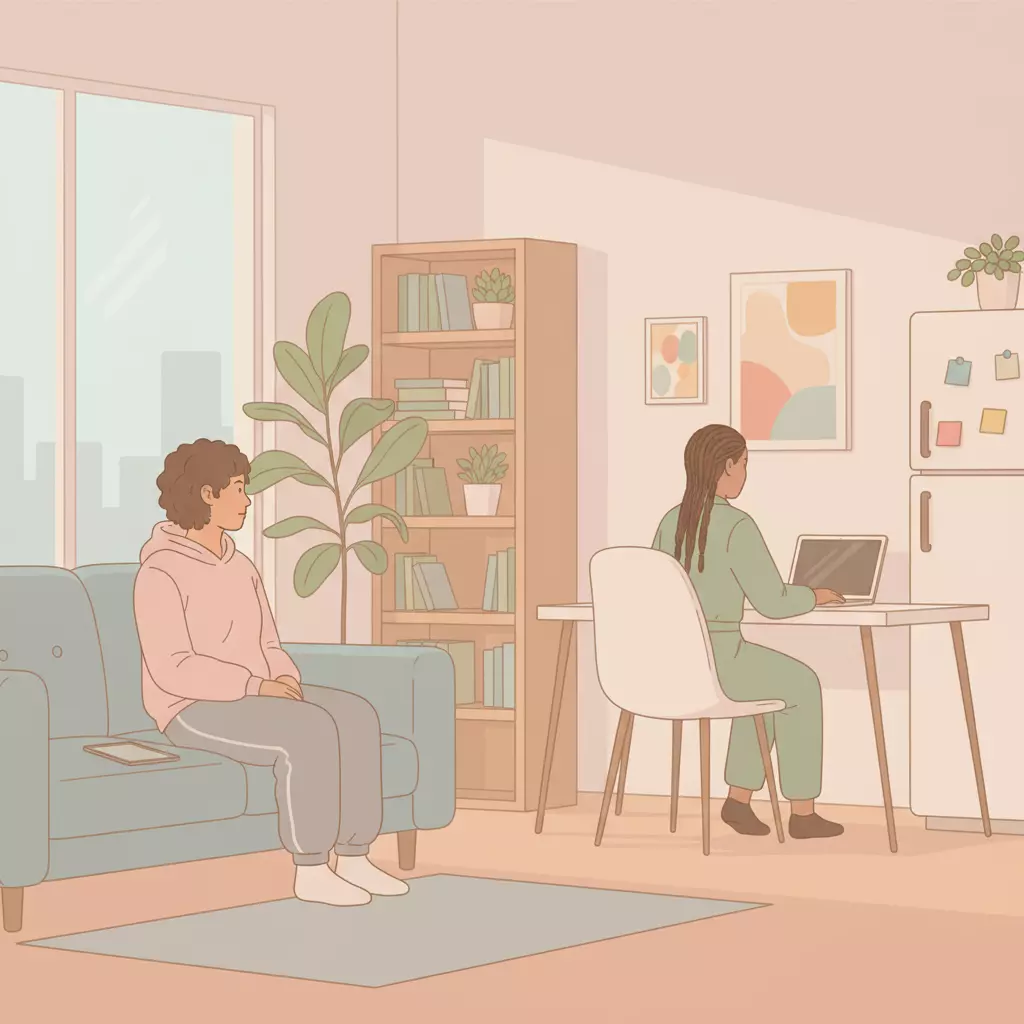
- Gay Breakups: Breaking Free from Painful Comparison Loops in Your Scene
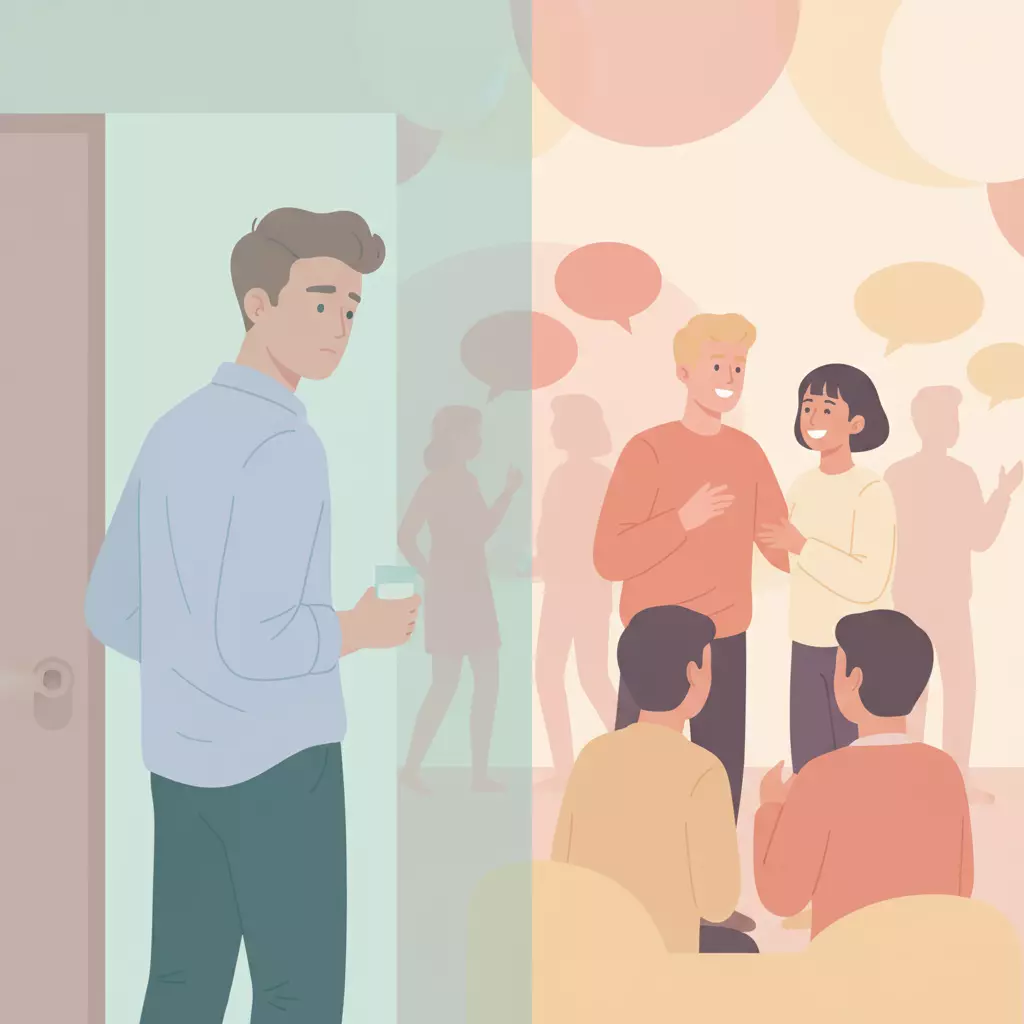
- Women’s Guide to Co-Parenting No Contact Rules: Healing Boundaries & Handover Scripts
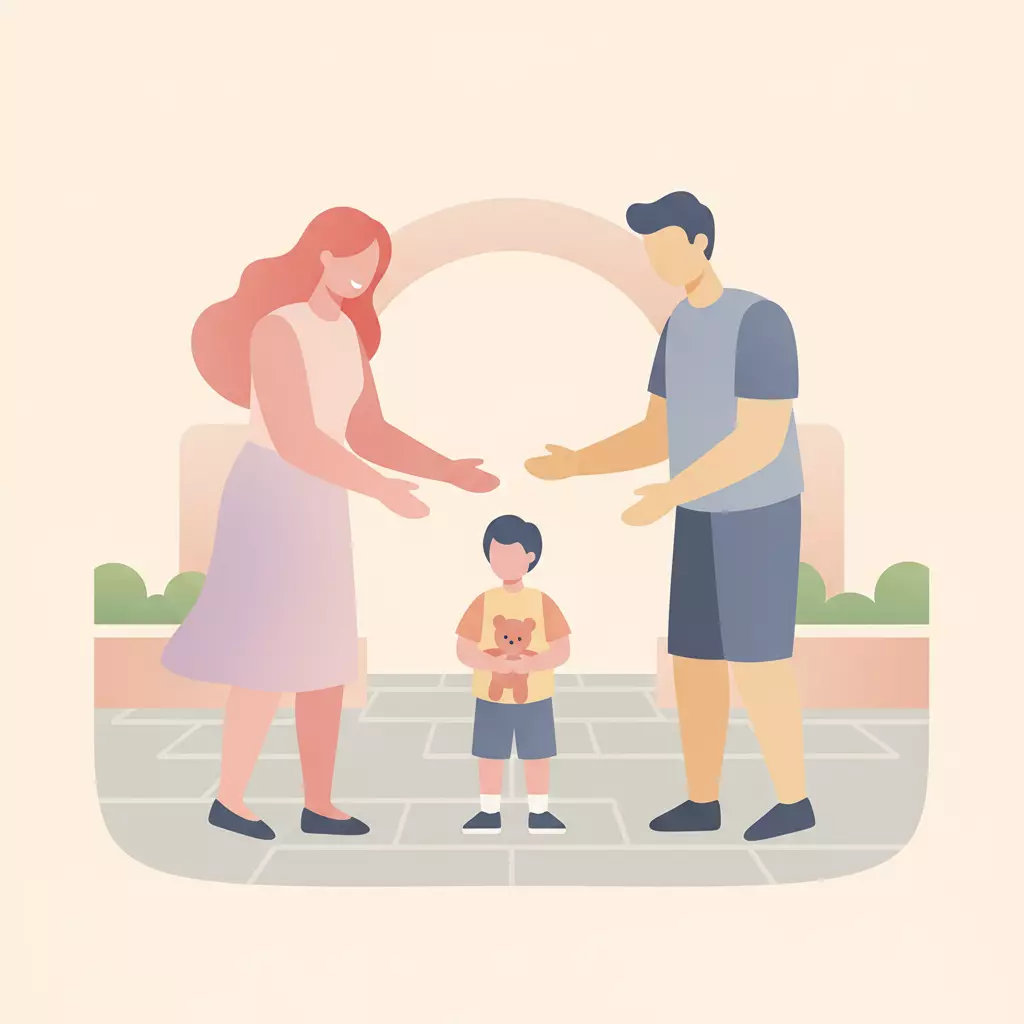
- Men & Breakups: The Powerful Truth About No Contact in Small Towns and Shared Friend Groups
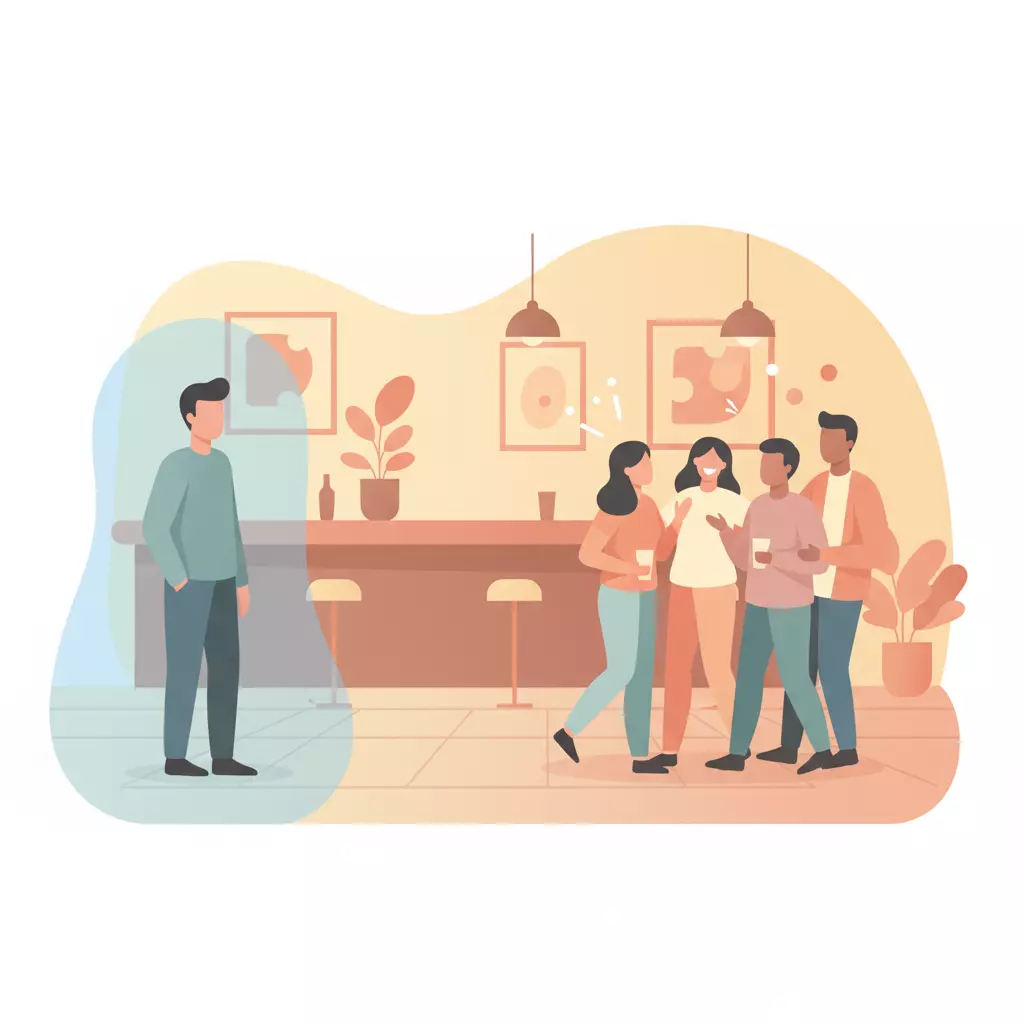
Leave a Reply